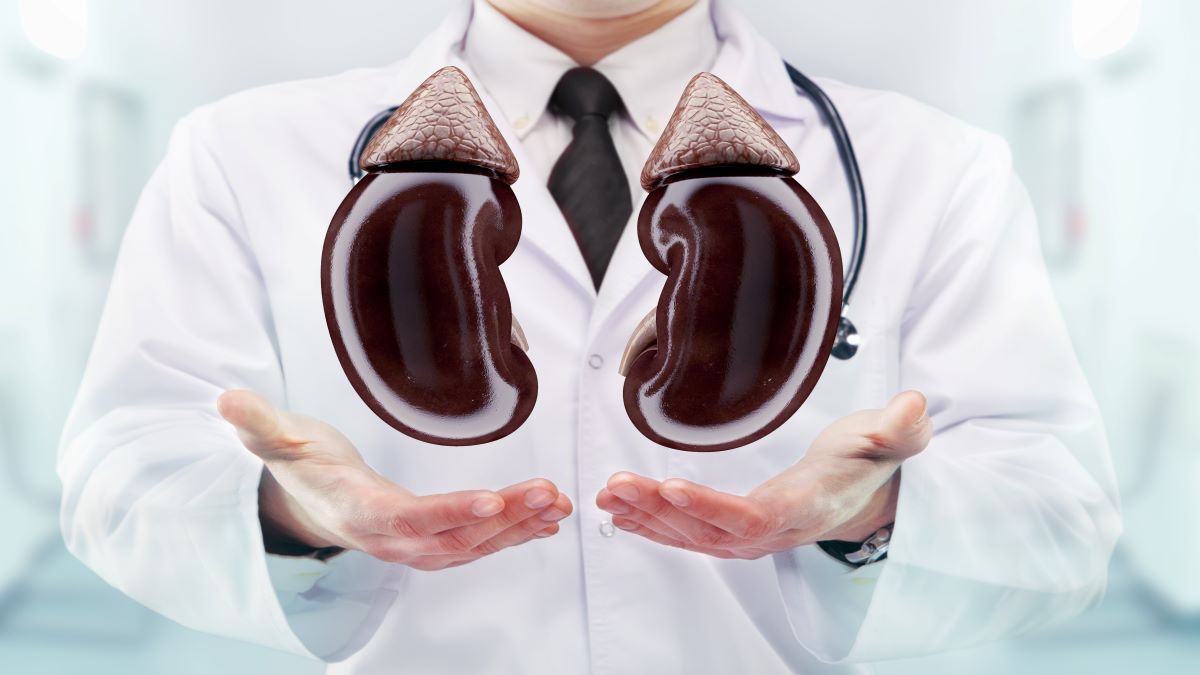Kidney cancer, also known as renal cancer, is cancer that develops in kidney cells. The two most common types of this condition include transitional cell carcinoma (TCC) and renal cell carcinoma (RCC). They differ by the class of cells that are affected. It is worth mentioning that these cancer types develop distinctively and have different long-term outcomes. Therefore, there is a need to stage and treat transitional cell carcinoma and renal cell carcinoma differently.
Kidney cancer causes
Nowadays, there is no definite cause of kidney cancer known. However, like any cancer type, it develops when cells, in this case, kidney cells, gain a DNA mutation. The last direct these cells to grow and divide uncontrollably. As a result, cancerous cells accumulate and form a tumour. Moreover, this growth can expand beyond the kidney to the other parts of the body.
Kidney cancer risk factors
Although there is no specific cause of renal cancer, a group of factors increases the risk of developing this condition. At the higher risk are people with the following:
- older age
- obesity
- the habit of smoking
- high blood pressure (hypertension)
- the history of the treatment of kidney failure via dialysis
- some inherited syndromes, including Birt-Hogg-Dube syndrome, tuberous sclerosis, von Hippel-Lindau disease, and familial papillary renal cell carcinoma
Kidney cancer symptoms
Patients with the kidney cancer diagnosis usually experience:
- a feeling of a lump in the side of the abdomen
- constant pain in the side
- weight loss
- blood in the urine
- fever
- the feeling of intense tiredness
- the overall feeling that you are sick
Notably, the presence of listed symptoms doesn’t necessarily mean that the person has kidney cancer. Numerous other health conditions have similar signs. Nevertheless, it is essential to see a doctor if you mention these symptoms in yourself.
Kidney cancer complications
It is crucial to talk with the doctor if the person has any concerns related to this condition. Treating kidney cancer in the early stage may help prevent or decrease complications. The last include:
- cancerous metastases
- lung cancer
- bone cancer
- metastatic kidney cancer
- blood clots development
- congestive heart failure
- paraneoplastic syndrome
- death
Click Here to read about Treatment.
Source: Wikipedia
















Leave a Reply
You must be logged in to post a comment.